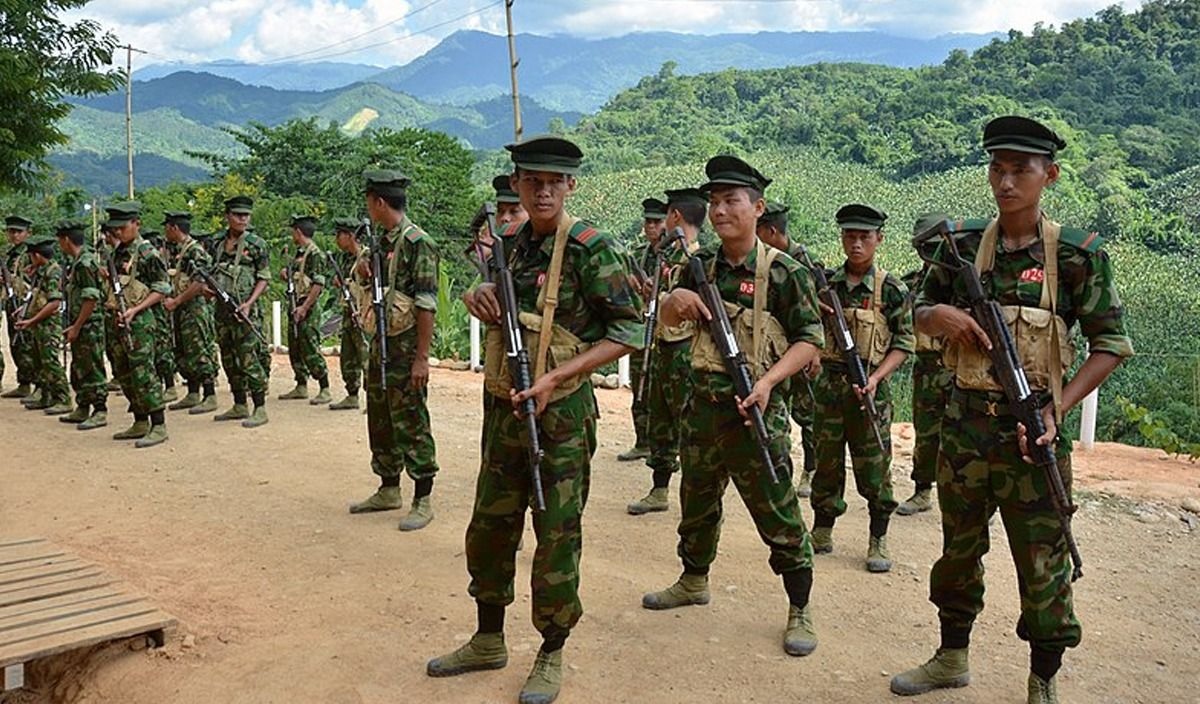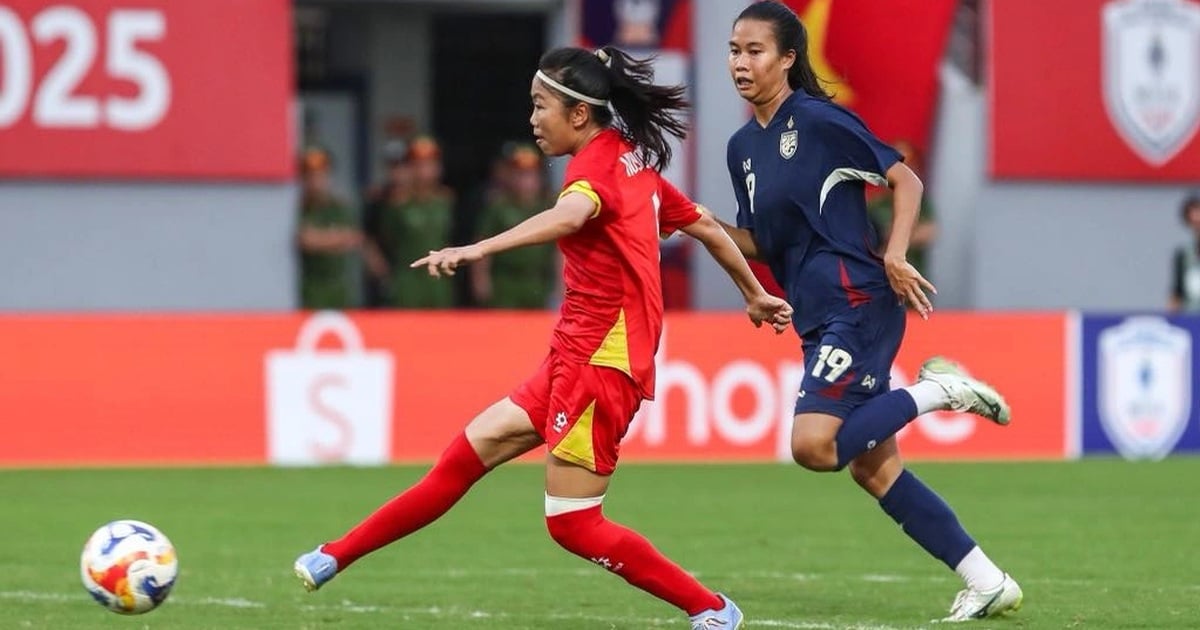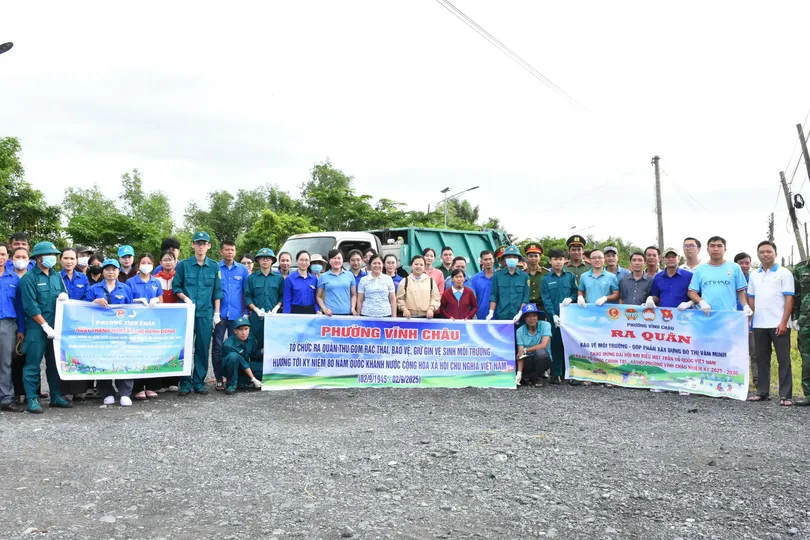Myanmar's military has been fighting a coalition of ethnic militias since late October last year. Violence has spiked along the northern border with China in recent weeks.

A rebel group in Myanmar. Photo: GI
The joint offensive by insurgent groups has posed a major challenge to Myanmar's military government and raised concerns in China about the potential disruption of border trade and refugee flows.
An unnamed leader of a rebel group within the alliance said on Friday that the “Three Brothers Alliance” and the army had agreed to “a ceasefire without further advances.”
“On the (coalition) side, the agreement is to refrain from attacks on enemy camps or towns. On the military side, the agreement is not to engage in attacks through air strikes, shelling or the use of heavy weapons,” he said.
China's Foreign Ministry said on Friday that peace talks were held in the Chinese city of Kunming on January 10-11, where "the two sides agreed to an immediate ceasefire and end fighting."
Foreign Ministry spokeswoman Mao Ning said both sides also pledged not to harm civilians on the Chinese border. “China hopes that all relevant parties in Myanmar will earnestly implement the ceasefire agreement reached and exercise maximum restraint,” she said.
China also said last month that the sides had agreed to a temporary ceasefire and continued dialogue. But fighting continued in northern Shan State and other areas on the Chinese border last week.
More than 300,000 people have been displaced by recent violence, according to the United Nations, bringing the total number of displaced people in Myanmar to more than 2 million since the country descended into unrest following a military coup in 2021.
Bui Huy (according to Reuters, ABC News, Guardian)
Source







![[Photo] General Secretary To Lam attends the 80th anniversary of Vietnam's diplomacy](https://vstatic.vietnam.vn/vietnam/resource/IMAGE/2025/8/25/3dc715efdbf74937b6fe8072bac5cb30)





































































































Comment (0)